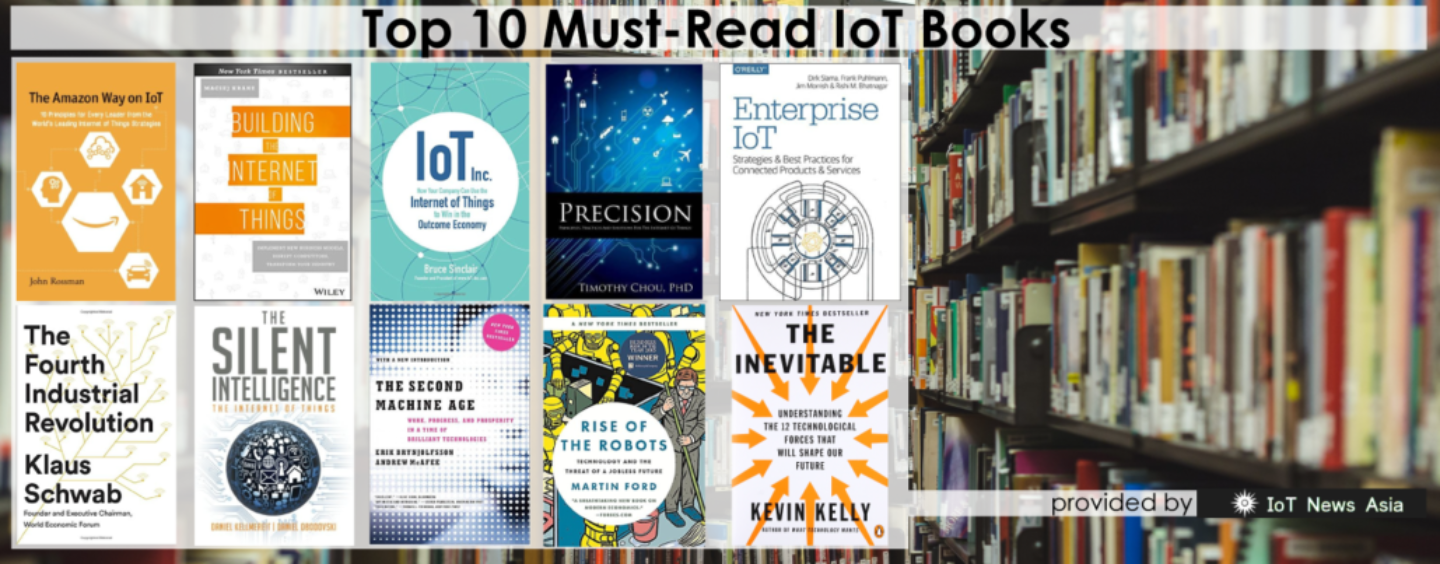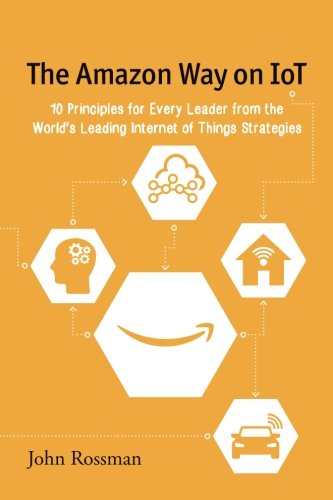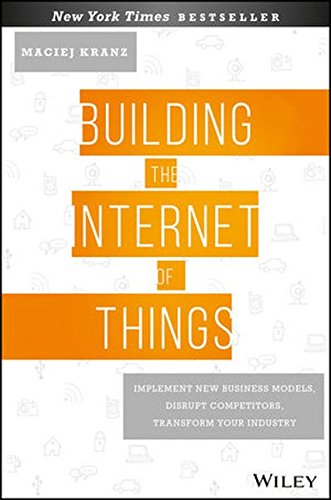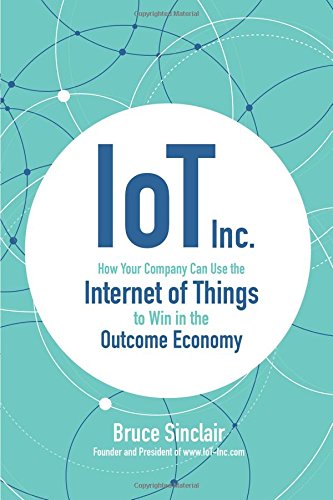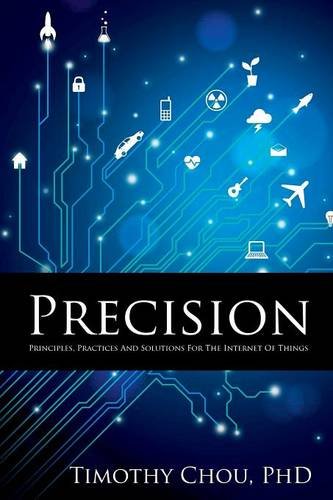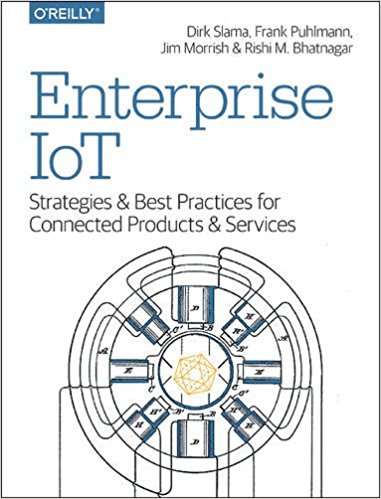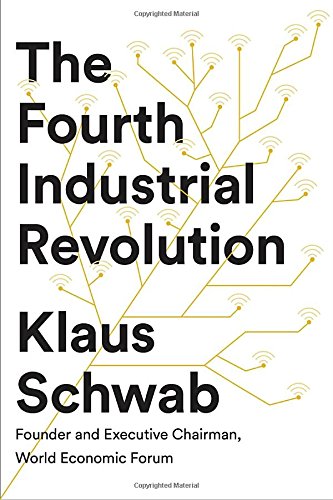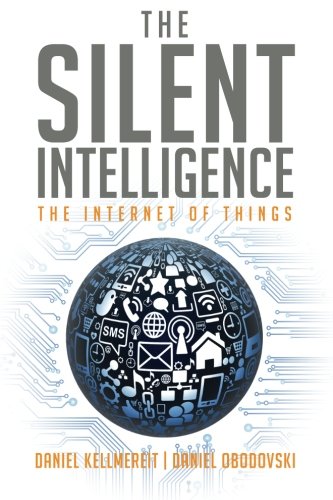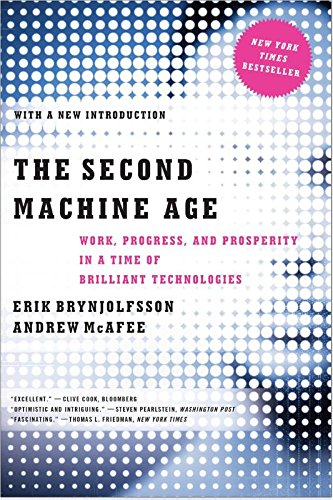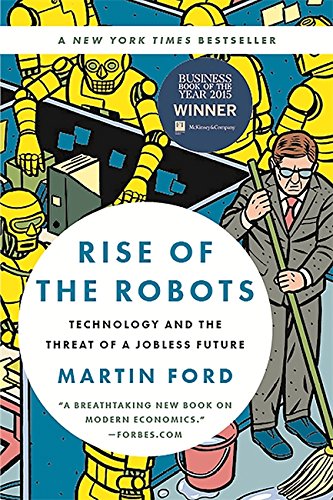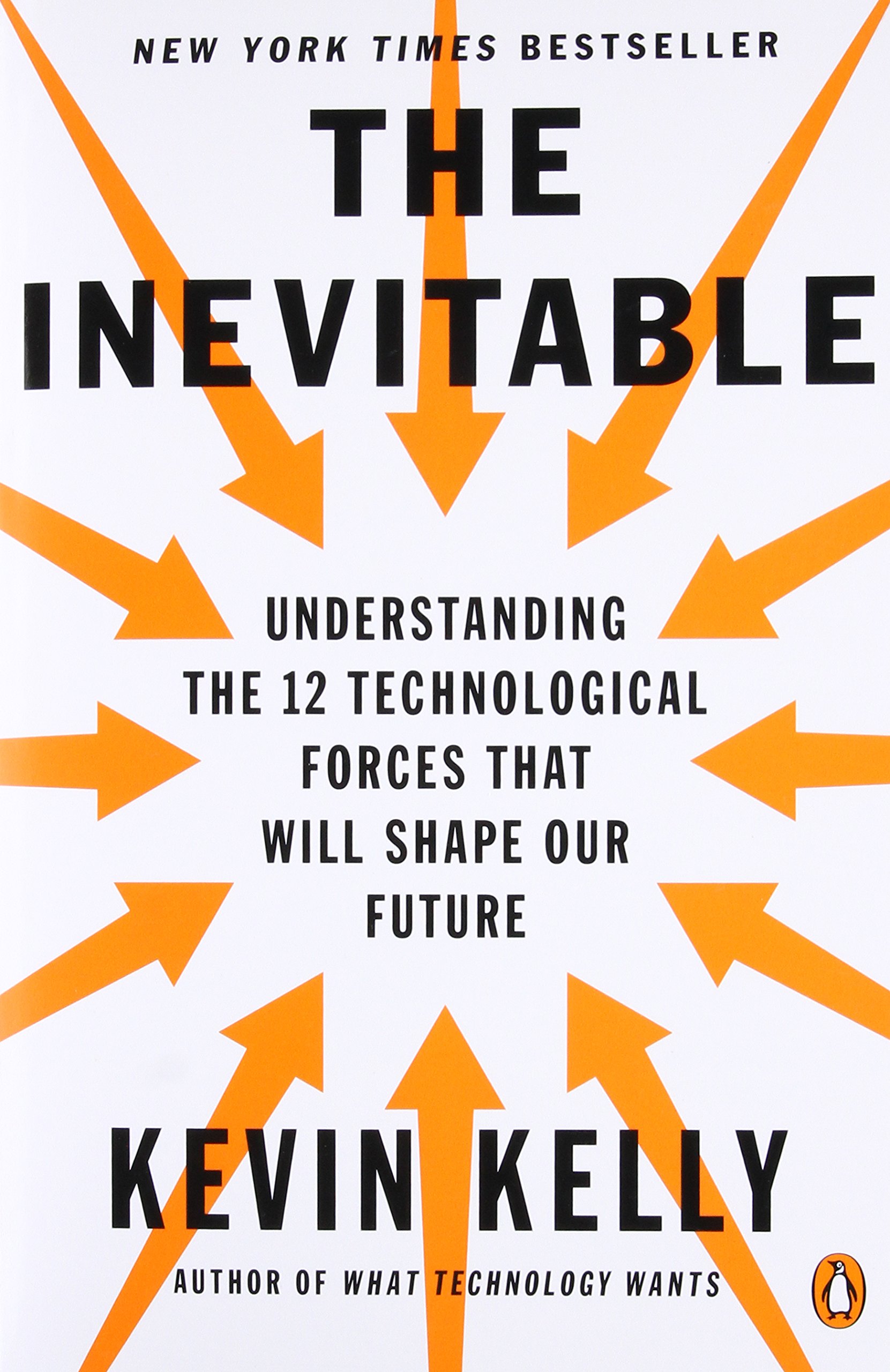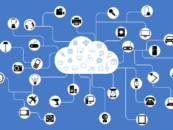IOT Books Must Read: The Internet of Things (IoT), which refers to the networking of physical objects through the use of embedded sensors, actuators, and other devices that can collect or transmit information about the objects, is growing at a very fast pace.
By 2019, the global IoT market is projected to be valued at more than 1.7 trillion US dollars, with the number of connected devices worldwide forecast to reach 20.35 billion in the same year.
To better understand these emerging technologies and their implications, here are ten must-read books focusing on the IoT.
Top 10 IOT Books
The Amazon Way on IoT: 10 Principles for Every Leader from the World’s Leading Internet of Things Strategies (Volume 2)
October 28, 2016
by John Rossman
The Amazon Way on IoT explains how the combination of sensors, cloud computing and machine learning can be used to improve customer experiences, drive operational improvements and build new business models.
The book offers guidance through the maze of emerging technologies, customer experiences, and business models; key methods to success from Amazon’s master playbook such as creating seamless customer experiences, process improvement and new business models and utilizing tools such as sensors, machine learning and cloud computing; and approaches to help organizations tackle the technology, business and internal challenges in innovating with the IoT.
Building the Internet of Things: Implement New Business Models, Disrupt Competitors, Transform Your Industry
November 21, 2016
by Maciej Kranz
Focusing on the business implications of the IoT, this book describes the sheer impact, spread, and opportunities arising every day, and how business leaders can implement the IoT today to realize tangible business advantages. It examines the way the IoT is being used today—and will be used in the future—to help craft a robust plan.
The discussion delves into the IoT from a business, strategy and organizational standpoint, and includes use cases that illustrate the ripple effect that this latest disruption brings. Readers will learn how to fashion a viable IoT plan that works with their organizations’ strategy and direction, and how to implement that strategy successfully by integrating the IoT into their organizations.
IoT Inc: How Your Company Can Use the Internet of Things to Win in the Outcome Economy
May 29, 2017
by Bruce Sinclair
This guide provides an in-depth look into the IoT―how it works and how it is transforming business, and gives a deep dive into how to develop and implement a powerful IoT strategy.
Founder and president of today’s leading IoT business consulting firm, Bruce Sinclair has been helping companies develop IoT strategies for a decade―far longer than the term has even existed.
Precision: Principles, Practices and Solutions for the Internet of Things
October 20, 2016
by Timothy Chou
Dr. Timothy Chou has written Precision to introduce us to the basics of the industrial IoT.
The first part – Precision: Principles and Practices – introduces a vendor-neutral, acronym-free framework. He then discusses the framework’s fundamental principles and these principles put into practice.
The second part – Precision: Solutions – puts Dr. Chou’s IoT framework into practice, highlighting 14 real world solutions for manufacturers who are building precision machines and companies utilizing these machines to receive precision enhanced business outcomes.
Case studies discussed span a number of industries such as power, water, healthcare, transportation, oil & gas, construction, agriculture, gene sequencers, mining and race cars.
Enterprise IoT: Strategies and Best Practices for Connected Products and Services 1st Edition
by Dirk Slama, Frank Puhlmann, Jim Morrish, Rishi M Bhatnagar
This practical guide introduces a dedicated methodology for businesses preparing to transition towards IoT-based business models.
With a set of best practices based on case study analysis, expert interviews, and the authors’ own experience, the “The Ignite | IoT Methodology” outlined in this book delivers actionable guidelines to assist readers with IoT strategy management and project execution.
The book consists of three parts: illustrative case studies of selected IoT domains, including smart energy, connected vehicles, manufacturing and supply chain management, and smart cities; The Ignite | IoT Methodology for defining IoT strategy and preparing for IoT adoption, and planning and executing IoT projects; and a detailed case study of the IIC Track & Trace testbed, one of the first projects to be fully developed according to the Ignite | IoT Methodology.
The Fourth Industrial Revolution
January 3, 2017
by Klaus Schwab
Written by world-renowned economist Klaus Schwab, founder and executive chairman of the World Economic Forum, this book looks at the IoT and several technologies that will have a significant impact on society.
The fourth industrial revolution, says Schwab, is more significant, and its ramifications more profound, than in any prior period of human history.
Schwab outlines the key technologies driving this revolution and discusses the major impacts expected on government, business, civil society and individuals. It also offers bold ideas on how to harness these changes and shape a better future—one in which technology empowers people rather than replaces them; progress serves society rather than disrupts it; and in which innovators respect moral and ethical boundaries rather than cross them.
The Silent Intelligence: The Internet of Things
September 20, 2013
by Daniel Kellmereit and Daniel Obodovski
The Silent Intelligence is a book about the IoT. It talks about the history, trends, technology ecosystem and future of Connected Cities, Connected Homes, Connected Health and Connected Cars.
It also discusses the most exciting growth areas for entrepreneurs and venture capital investors, and shares exciting stories and unique opinions of more than 30 industry veterans, experts and visionaries from Google, Ericsson, AT&T, Qualcomm, SAP, MIT, Jawbone and many others.
It aims to help executives, entrepreneurs, investors and everybody who is interested in this topic, better understand the opportunities and challenges of the IoT.
The Second Machine Age: Work, Progress, and Prosperity in a Time of Brilliant Technologies
January 25, 2016
by Erik Brynjolfsson and Andrew McAfee
A New York Times Bestseller. this book looks at how digital technology is transforming our work and our lives, and offers a look at how the IoT technology is currently being used and makes predictions about the near future.
In The Second Machine Age MIT’s Erik Brynjolfsson and Andrew McAfee―two thinkers at the forefront of their field―reveal the forces driving the reinvention of our lives and our economy.
Drawing on years of research and up-to-the-minute trends, Brynjolfsson and McAfee identify the best strategies for survival and offer a new path to prosperity.
Rise of the Robots: Technology and the Threat of a Jobless Future
July 12, 2016
by Martin Ford
Artificial intelligence is already well on its way to making “good jobs” obsolete: many paralegals, journalists, office workers, and even computer programmers are poised to be replaced by robots and smart software. As progress continues, blue and white collar jobs alike will evaporate, squeezing working- and middle-class families ever further.
Rise of the Robots is an essential reading to understand what accelerating technology means for our economic prospects-not to mention those of our children-as well as for society as a whole.
The Inevitable: Understanding the 12 Technological Forces That Will Shape Our Future
June 6, 2017
by Kevin Kelly
A New York Times Bestseller, this book explores the twelve technological imperatives that will shape the next thirty years and transform our lives.
In this book, Kevin Kelly provides an optimistic roadmap for the future, showing how the coming changes in our lives—from virtual reality in the home to an on-demand economy to artificial intelligence embedded in everything we manufacture—can be understood as the result of a few long-term, accelerating forces.
Kelly both describes these deep trends and demonstrates how they overlap and are codependent on one another. These larger forces will completely revolutionize the way we buy, work, learn, and communicate with each other.
This article first appeared on iotnews.asia



